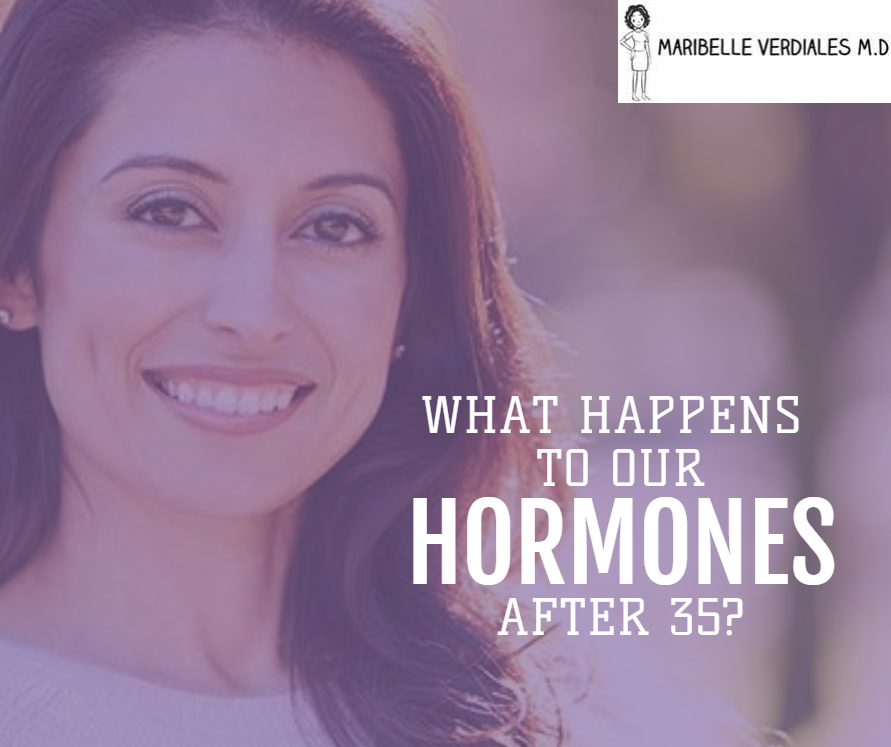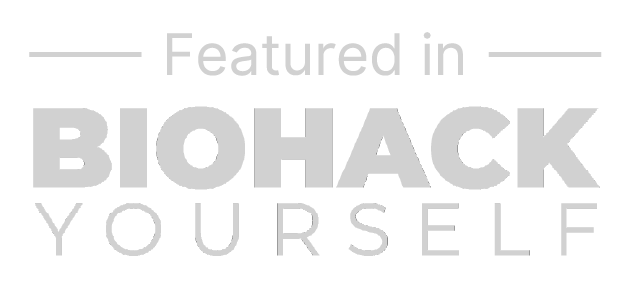Women, we have it tough. Once we hit our thirties, our hormones just can’t take it anymore. Balance becomes elusive. Mood swings become normal. And our family and friends want to avoid us 90 percent of the time. What gives? Are we doomed to the wild ride leading up to and through menopause?
Here are some primary causes of hormone imbalance often overlooked by conventional physicians, they are:
- Aging
- Genetics
- Pregnancy and post-partum (you can have problems for up to eighteen years!)
- Inadequate nutrients (poor diet)
- Poor lifestyle choices like too much travel, bingeing on the wrong foods/drinks, skimping on sleep
- Toxic relationships, overextending yourself
- Toxic exposures, especially endocrine disruptors like bisphenol A, phthalates, lead, mercury, etc.
- Excess stress
What are specific symptoms of perimenopause?
Do you have, or have you experienced, in the past six months . . .
- Feeling less interested in daily chores (e.g., grocery shopping, laundry, dishes, and cooking)?
- A preference for introversion combined with wardrobe malfunction (reluctant to wear anything other than your yoga pants if you have to leave the house)?
- A need to wear stretchy pants (yoga leggings win again!) to make room for the roll around your waist, which seemed to arrive overnight?
- Emotional instability—for the first time in your life, you burst into tears at a moment’s notice, (even at work!)?
- Dissatisfaction with exercise (it doesn’t seem to affect your weight anyway)?
- Feeling blah or reclusive; you can’t wait to extricate yourself from normal activities and retire for the evening?
- Poor sleep (indiscriminate debates and ruminations awakening you in the middle of the night)?
- Waking up so sweaty that you need to change your pj’s and sheets, and perhaps even your husband (or partner)?
- Crow’s feet and/or a permanently furrowed brow?
- Apathy for personal grooming (you really don’t care how attractive you look, unless forced by your job or seeing friends)?
- Feeling less gung-ho about parenting?
- An unpredictable menstrual period—spotting or flooding or some weird combination of the two?
- Sudden forgetfulness when walking into a room (knowing you had a purpose but searching for clues as to what it was)?
- Doubting your own instincts and insights?
- More frequent announcements to the family that “I’m going to take a nap now” or “Mom needs a time-out”?
- A preference for chocolate or a glass of wine over sex?
- A notion that Zoloft or a little Lexapro, maybe an Ambien, sounds increasingly appealing?
- An opinion that addressing your mood issues by giving up sugar, alcohol, and flour, taking various supplements and hormonal tweaking sounds like way too much work?
No matter what the hormonal problem is, the solution starts with:
Step 1. Lifestyle design: food and nutraceuticals to fill in the missing precursors to proper brain-hormone communication, and targeted exercise
Step 2. Herbal therapies
Step 3. Bioidentical hormones
Most of my recommendations are available without a prescription.
Sometimes only a small adjustment creates big changes.
Article from: http://www.saragottfriedmd.com/what-happens-to-our-hormones-after-35/
Photo Credit: http://menopauseliving.today/blog/coping-with-perimenopause/




